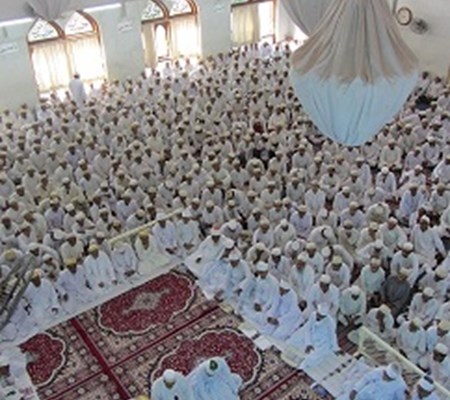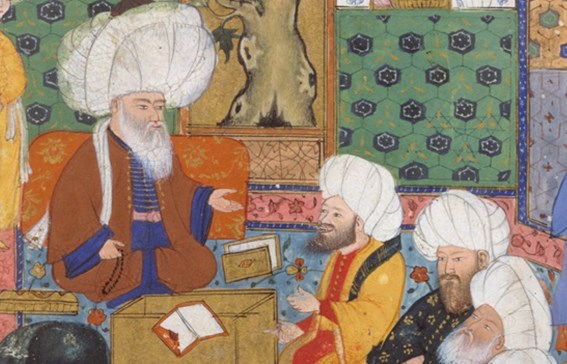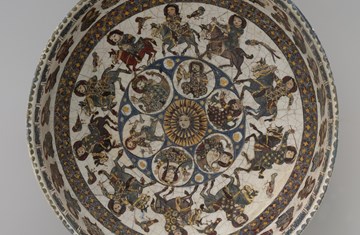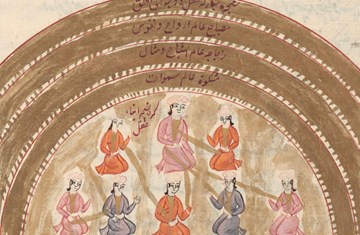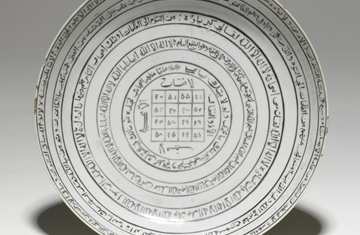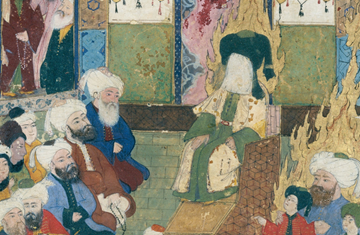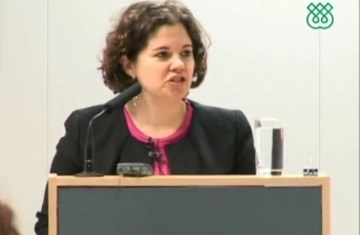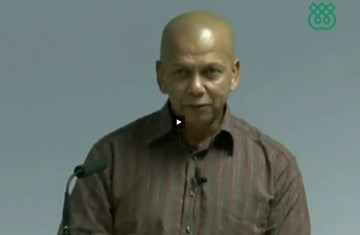A Neo-Fatimid Treasury of Books: Arabic Manuscripts among the Alawi Bohras of Baroda - Lecture Recording
This paper focuses on the Alawi Bohra community in Vadodara, Gujarat, and their khizānat al-kutub, or treasury of books.
As Shi’i Isma’ilis, the Alawi Bohras consider themselves heirs of the Fāṭimid Imamate (909–1171). Whereas other Isma’ili communities, such as the Nizārīs, claim a genealogical link to the Fāṭimids through the presence of a living Imam, the Bohras legitimize their “Neo-Fāṭimid” identity through a living Arabic manuscript culture and documentary practices enshrined in khizānat in Gujarat. These treasuries, which are governed by the sacerdotal families of the Bohra communities, contain vast collections of rare Isma’ili Arabic manuscript titles, ranging from legal works to philosophical treatises, to esoteric texts.
Yet these khizānat are more than repositories of books from the past: they are living manuscript scriptoria at work, where Fāṭimid and post-Fāṭimid texts have been manually copied for centuries under strict conditions of secrecy. While a philological link between the Bohras and the Fāṭimids has hitherto been acknowledged through the study of individual manuscript copies held in academic institutions, the social and historic importance of Bohra khizānāt in this chain of transmission remains uncharted territory.
Based on ethnographic observations and archival research among the Alawi Bohras, Dr Akkerman argues that these manuscripts, and their presence in Gujarat, are foundational for Bohra Isma’ilism as it is practiced today in South Asia and for the transmission of its knowledge system. Their material survival ultimately defines the Alawi Bohras’ identity and legitimizes their position and authority in the larger Shi’i context and in the Muslim umma at large as heirs of the Fāṭimids.

